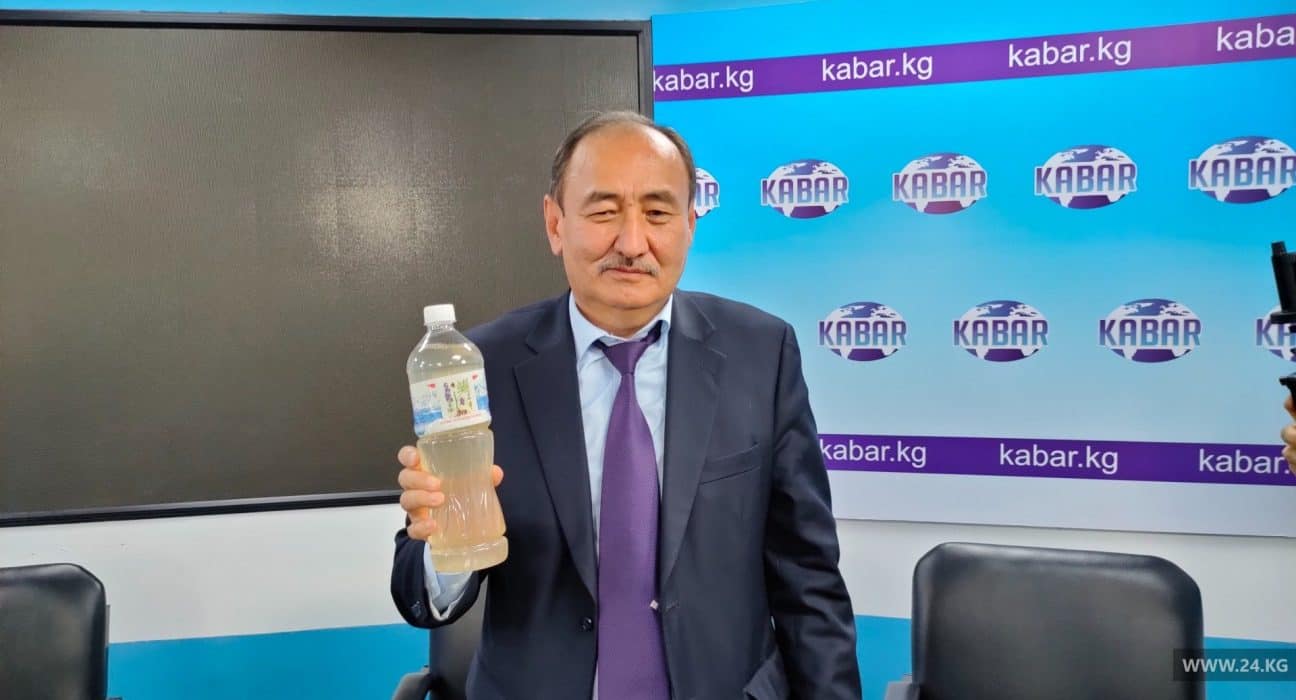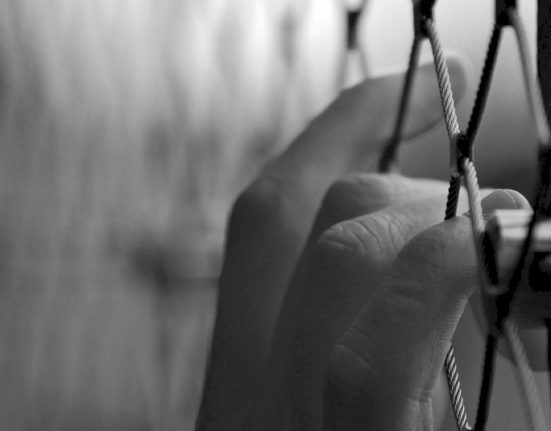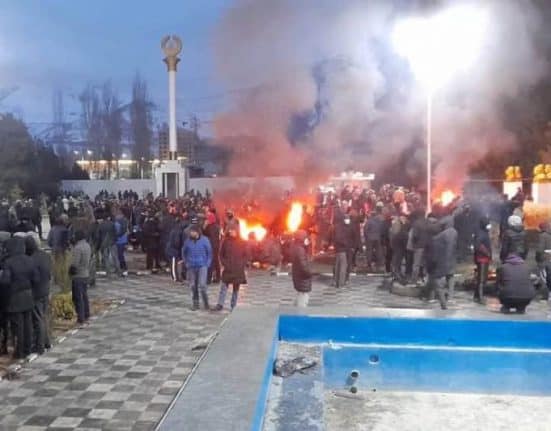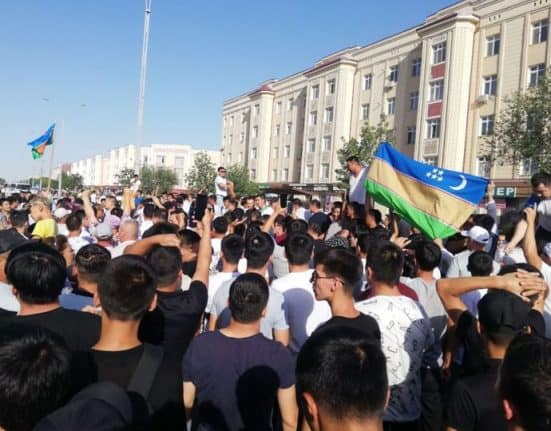The City Court of Bishkek released Alymkadyr Beishenaliev under house arrest. This was reported by the press service of the court.
On June 16, the court ruled to change Beishenaliev’s measure of restraint in the form of detention in the pre-trial detention center under the State Committee for National Security to house arrest.
At the same time, information appeared on the website of the President of Kyrgyzstan that the commission, established by the head of state to study the activities of the Minister of Public Health, has summed up its work.
“The commission found that the Prosecutor General’s Office of the republic initiated seven criminal cases against the Minister of Public Health under articles: 336 “Corruption” (1 criminal case); 337, 339 “Abuse of official position, conclusion of a knowingly unprofitable contract” (4 criminal cases) and 343 “Extortion of a bribe” (2 criminal cases),” the report says.
In addition, the commission studied the activities of the Minister of Public Health Alymkadyr Beishenaliev on the implementation of the National Plan for the deployment of vaccination against COVID-19 in the Kyrgyz Republic, the work on organizing and conducting immunization against coronavirus infection, including the purchase of vaccines against coronavirus, the receipt of humanitarian aid (vaccines) from foreign countries in 2021. It also studied record keeping and personnel work in the Ministry of Public Health.
After a thorough investigation, the commission gave a rather vague conclusion, namely: ‘It must be kept in mind that, in accordance with the norm of part 1 of Article 57 of the Constitution of the Kyrgyz Republic, everyone is considered innocent of a crime until his/her guilt is proven in the manner prescribed by law and established by legal force by a court verdict’.
It’s worth recalling that Alymkadyr Beishenaliev was detained by the Prosecutor General’s Office on June 2. According to the supervisory authority, he is suspected of corruption and damage to the state budget of almost $19 million (1.5 billion KGS) in the purchase of vaccines to combat coronavirus.






